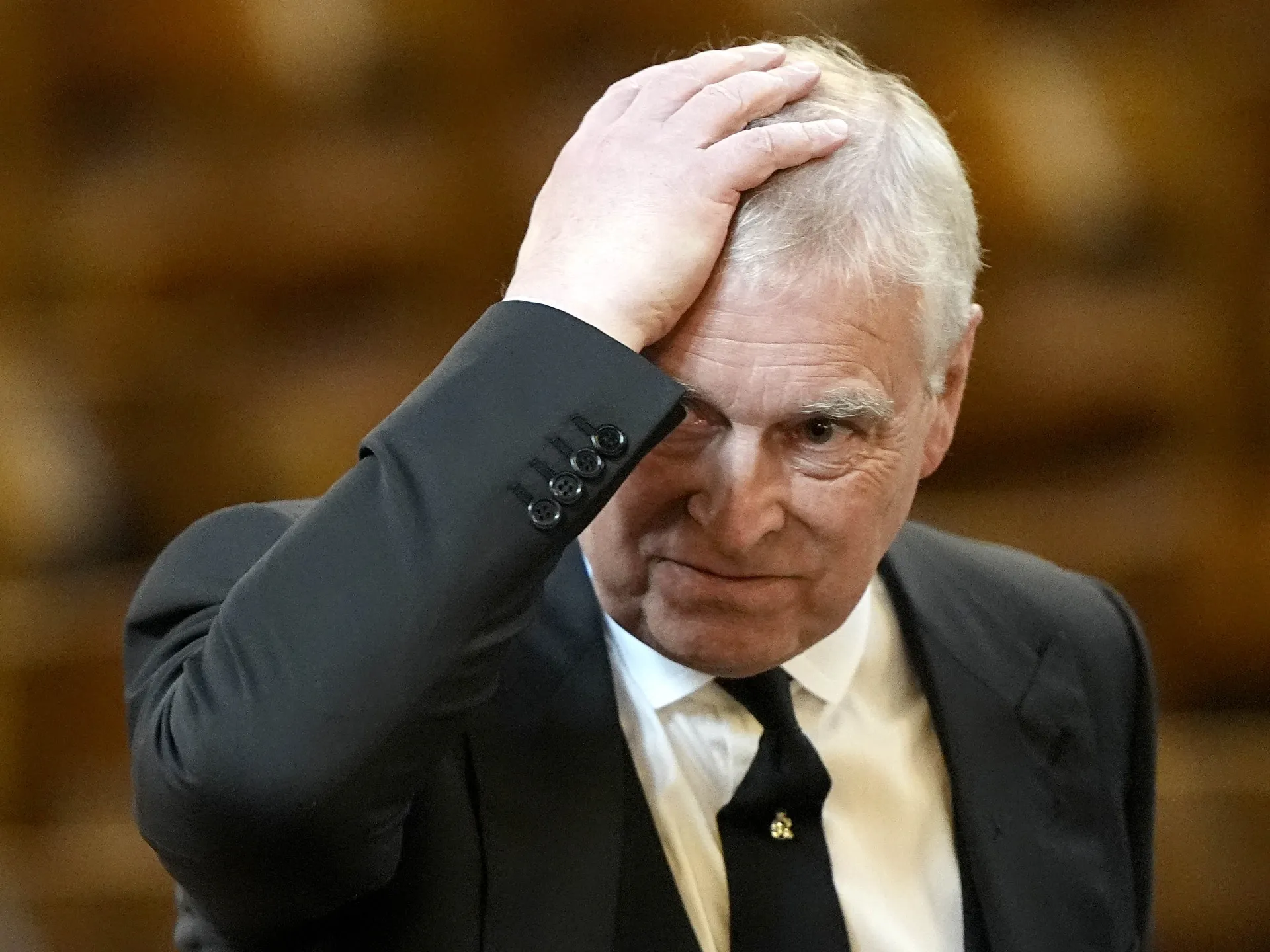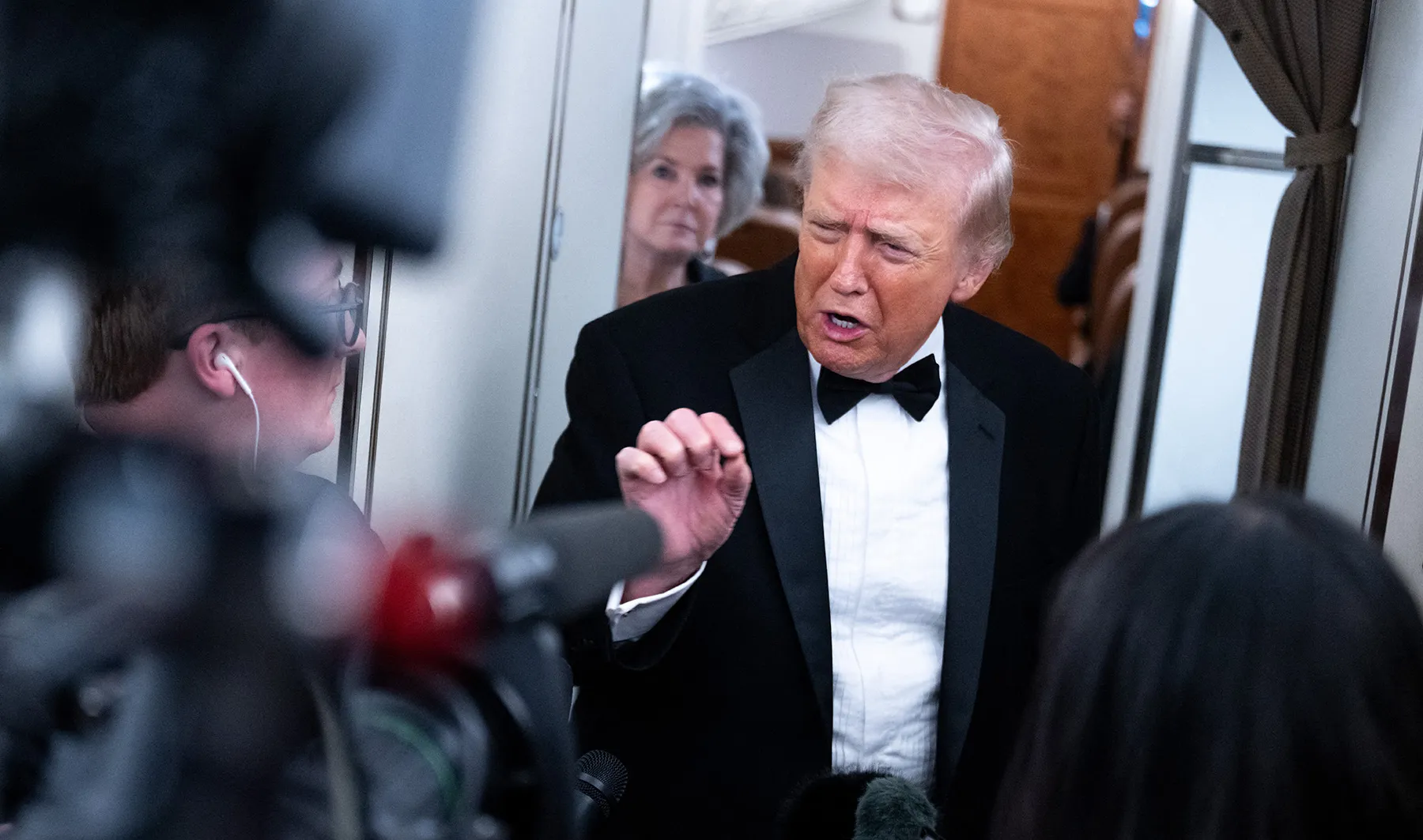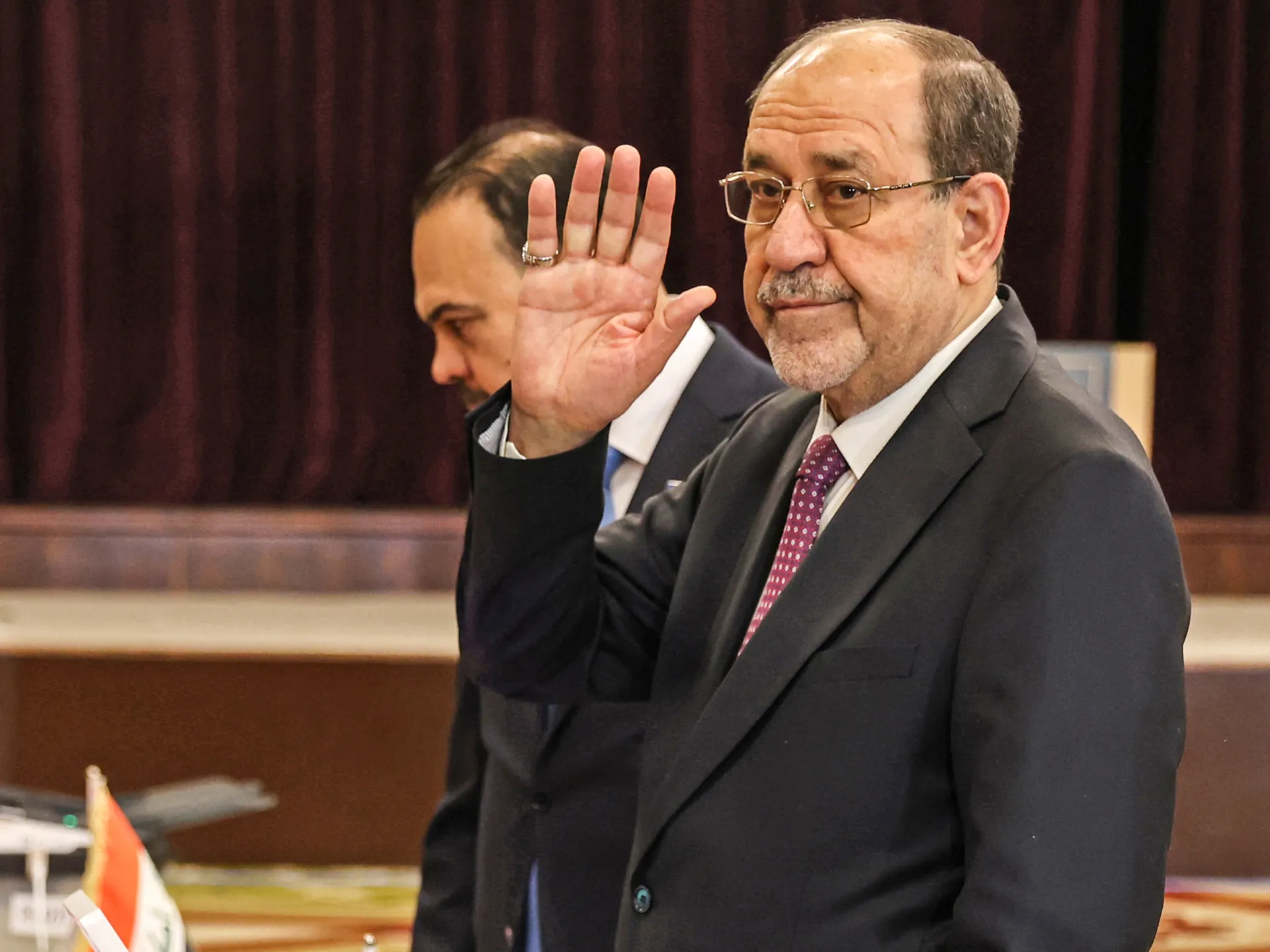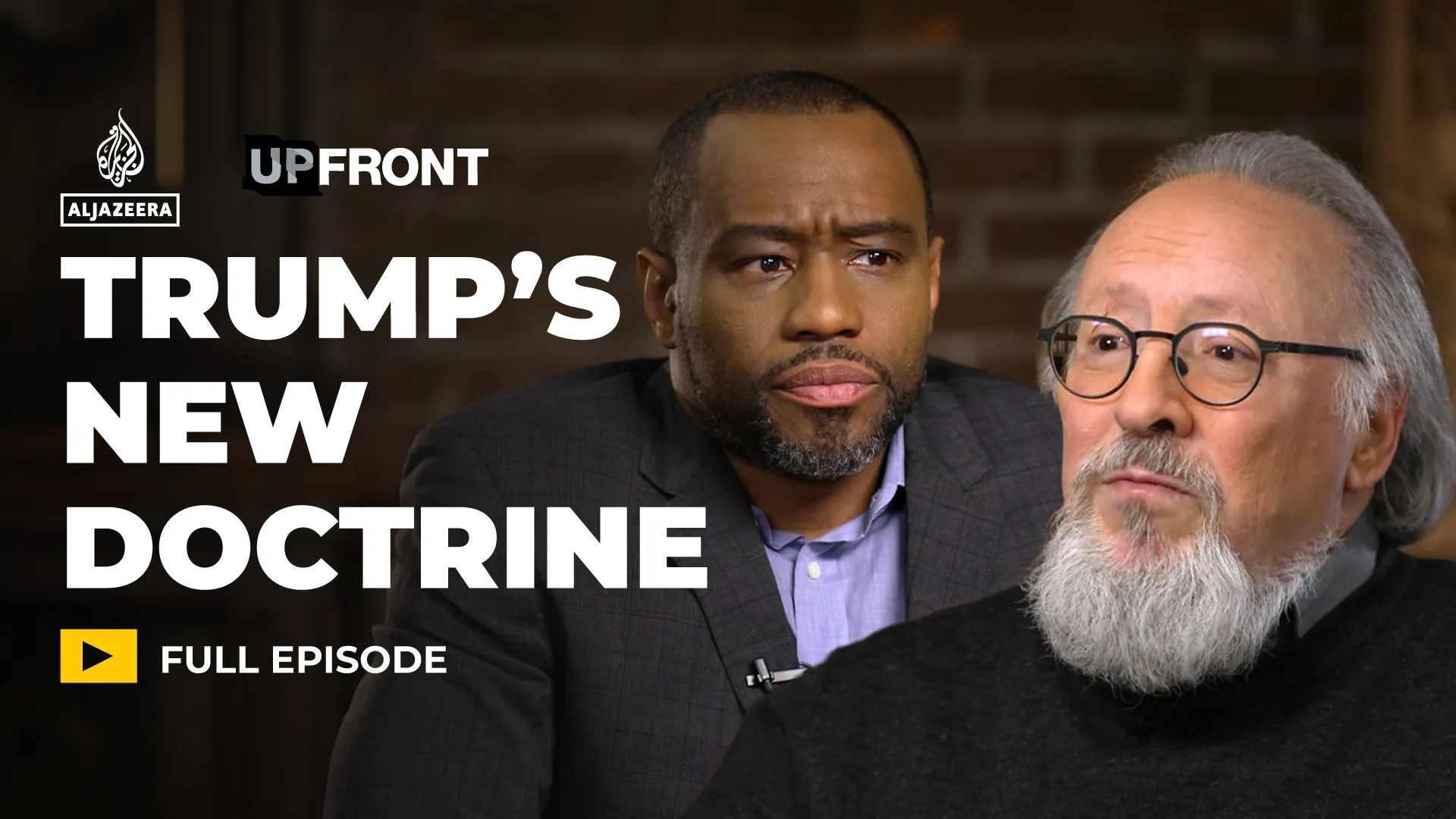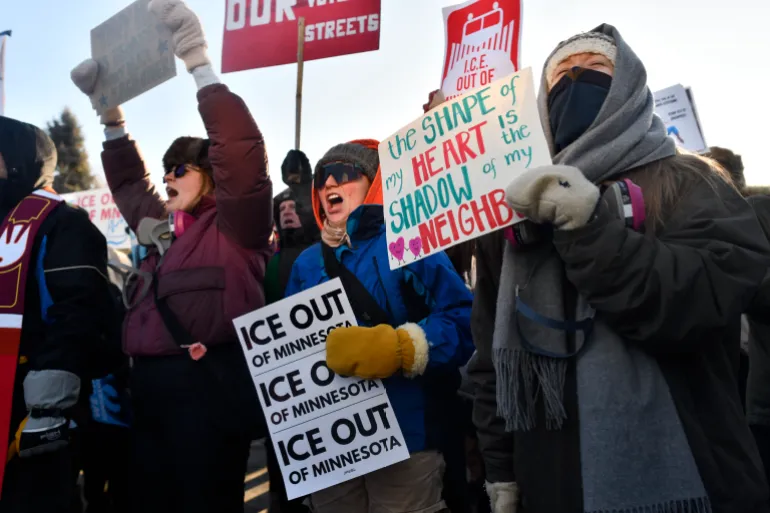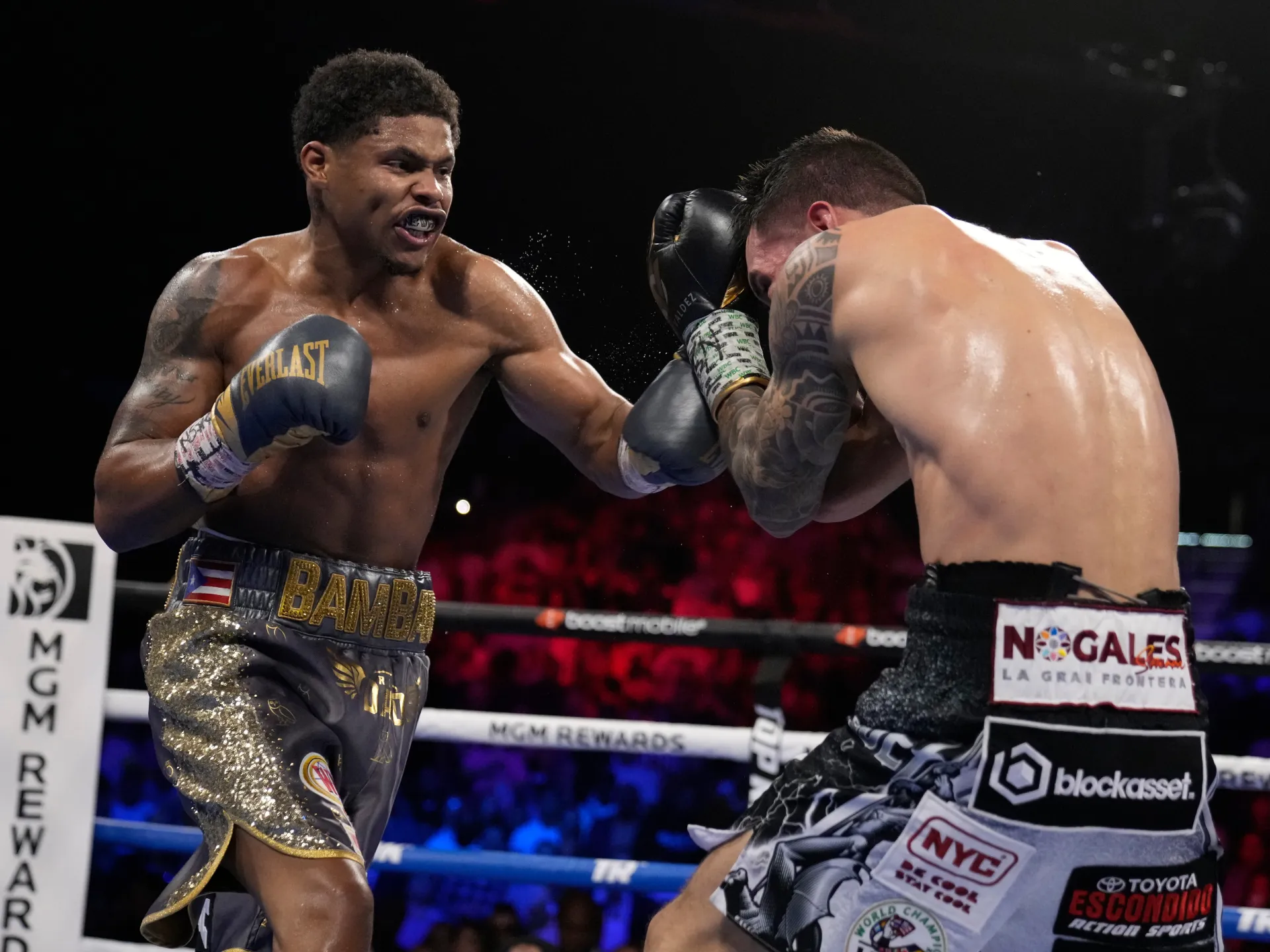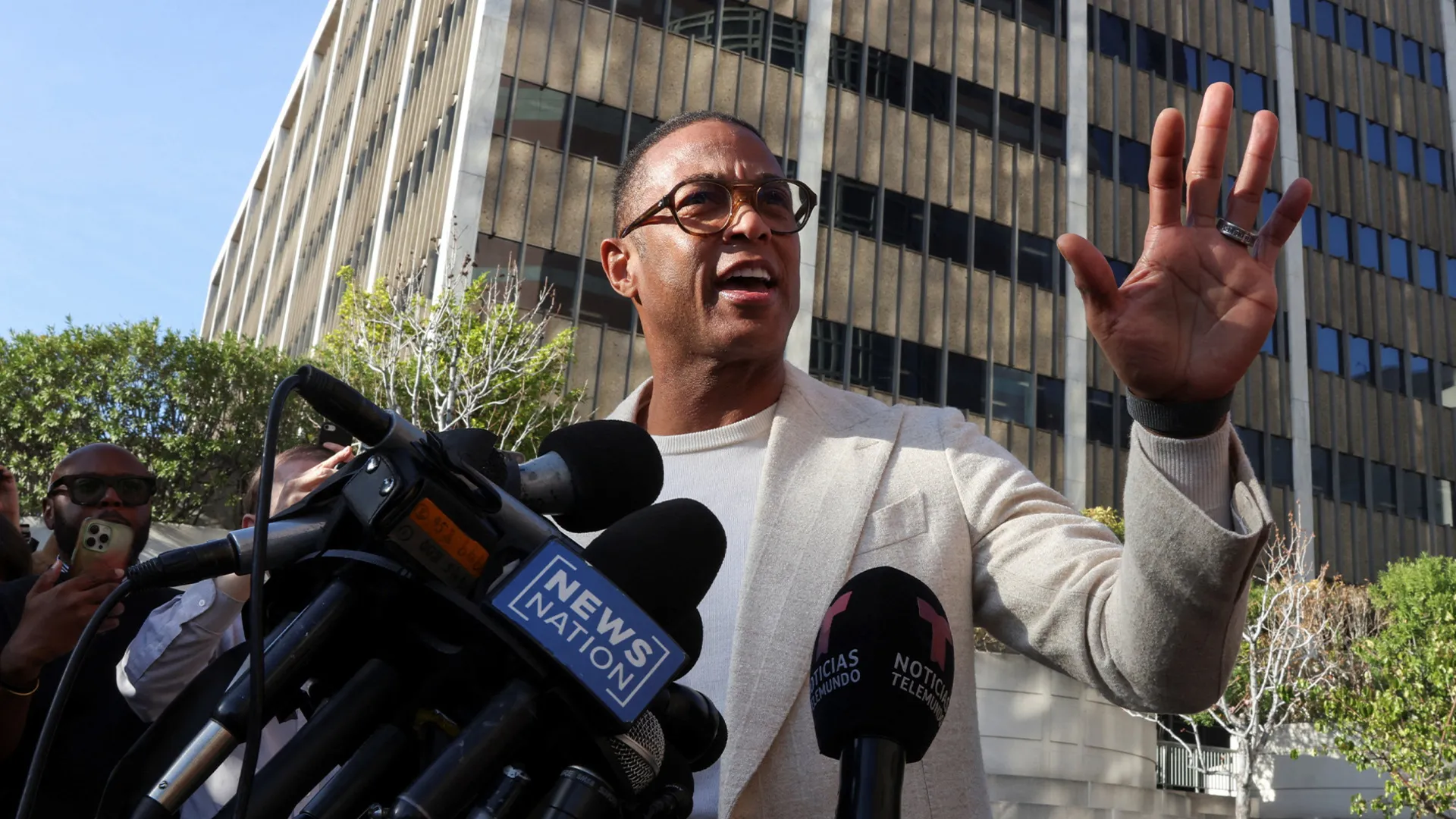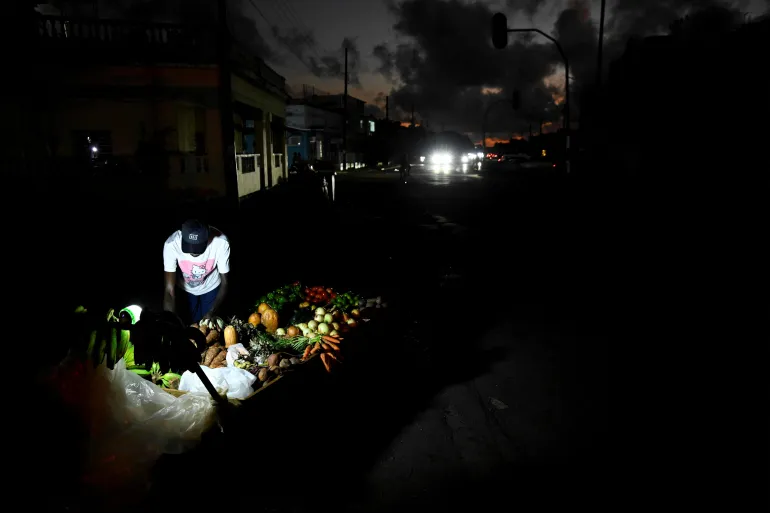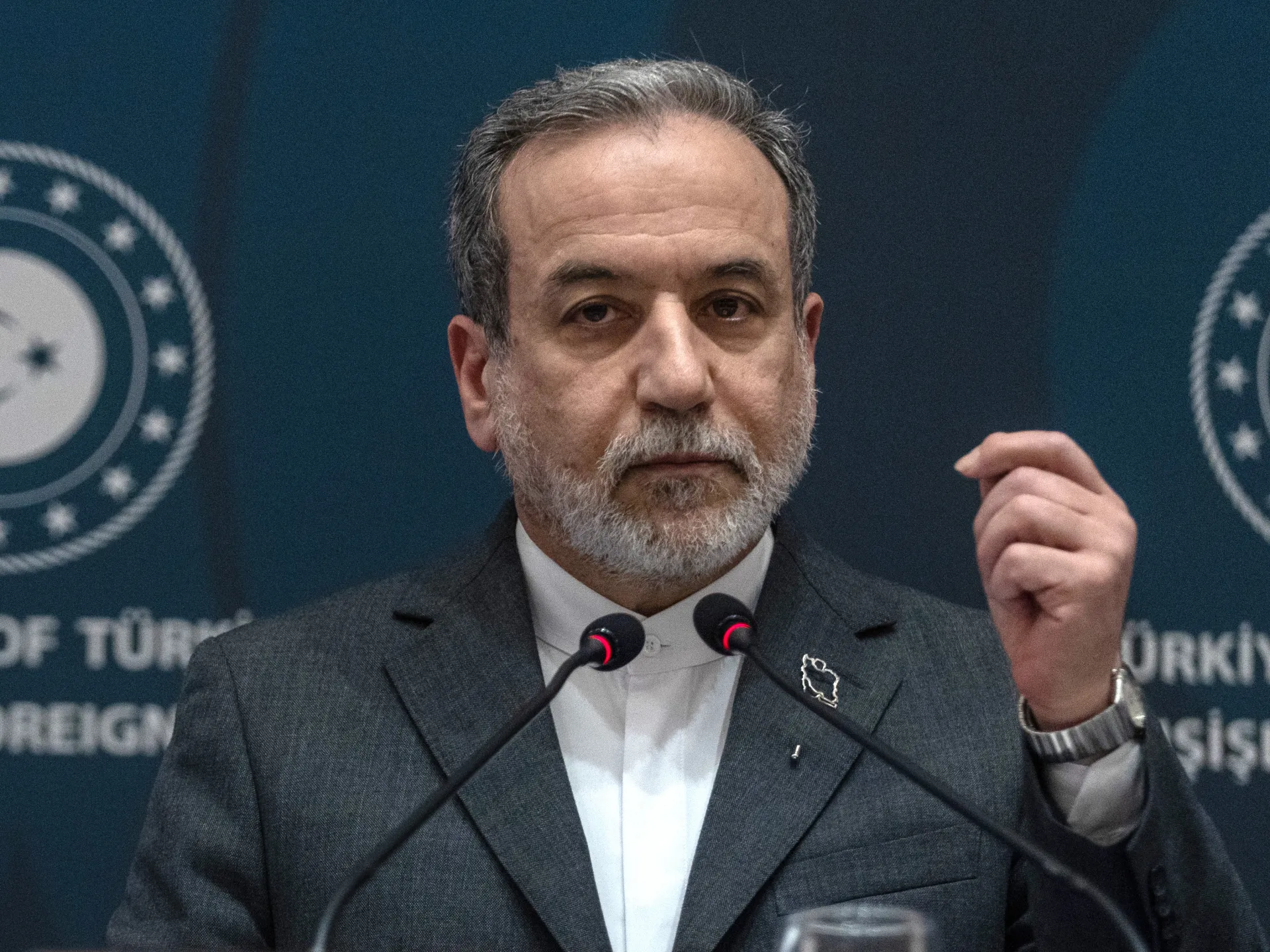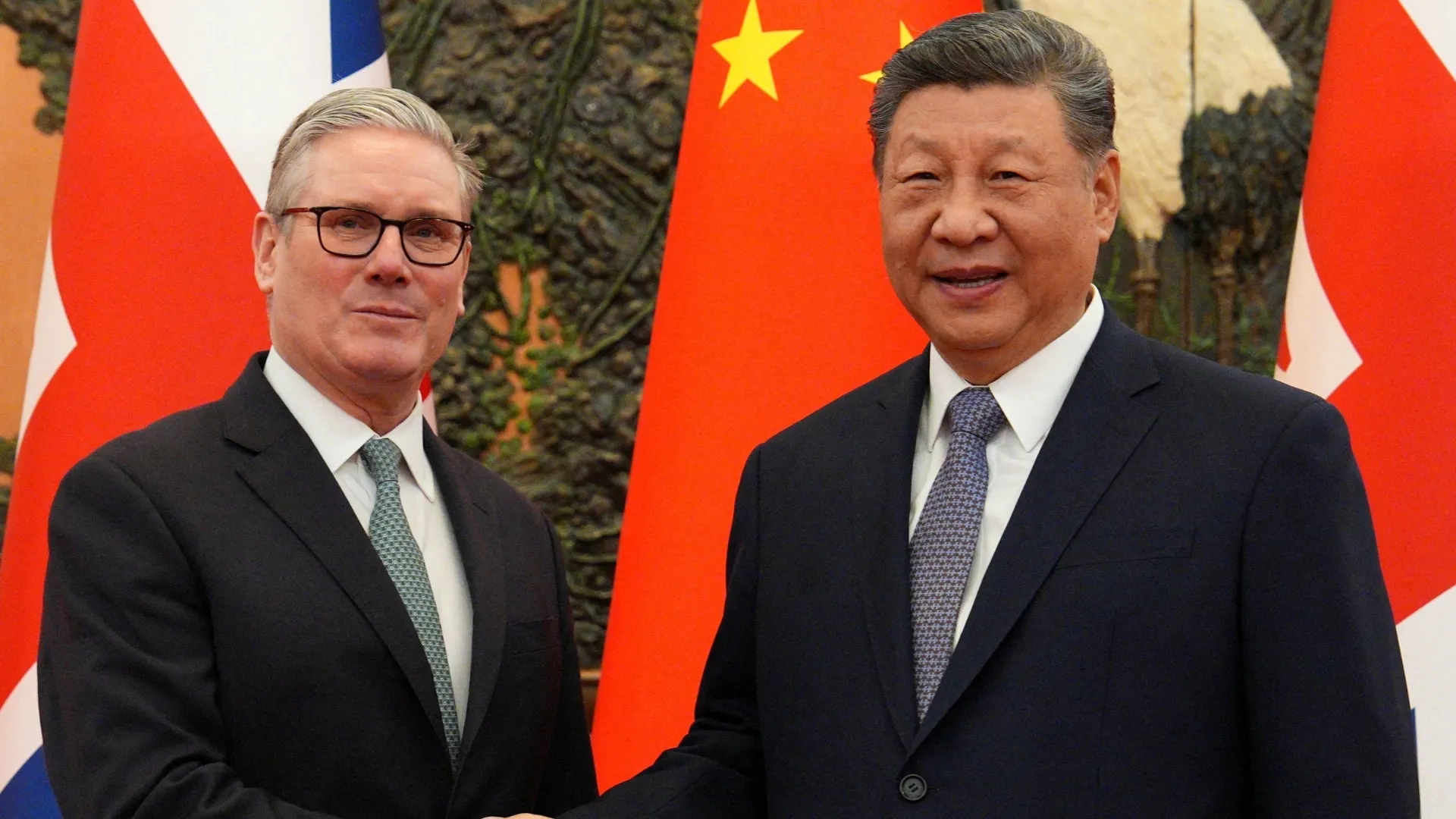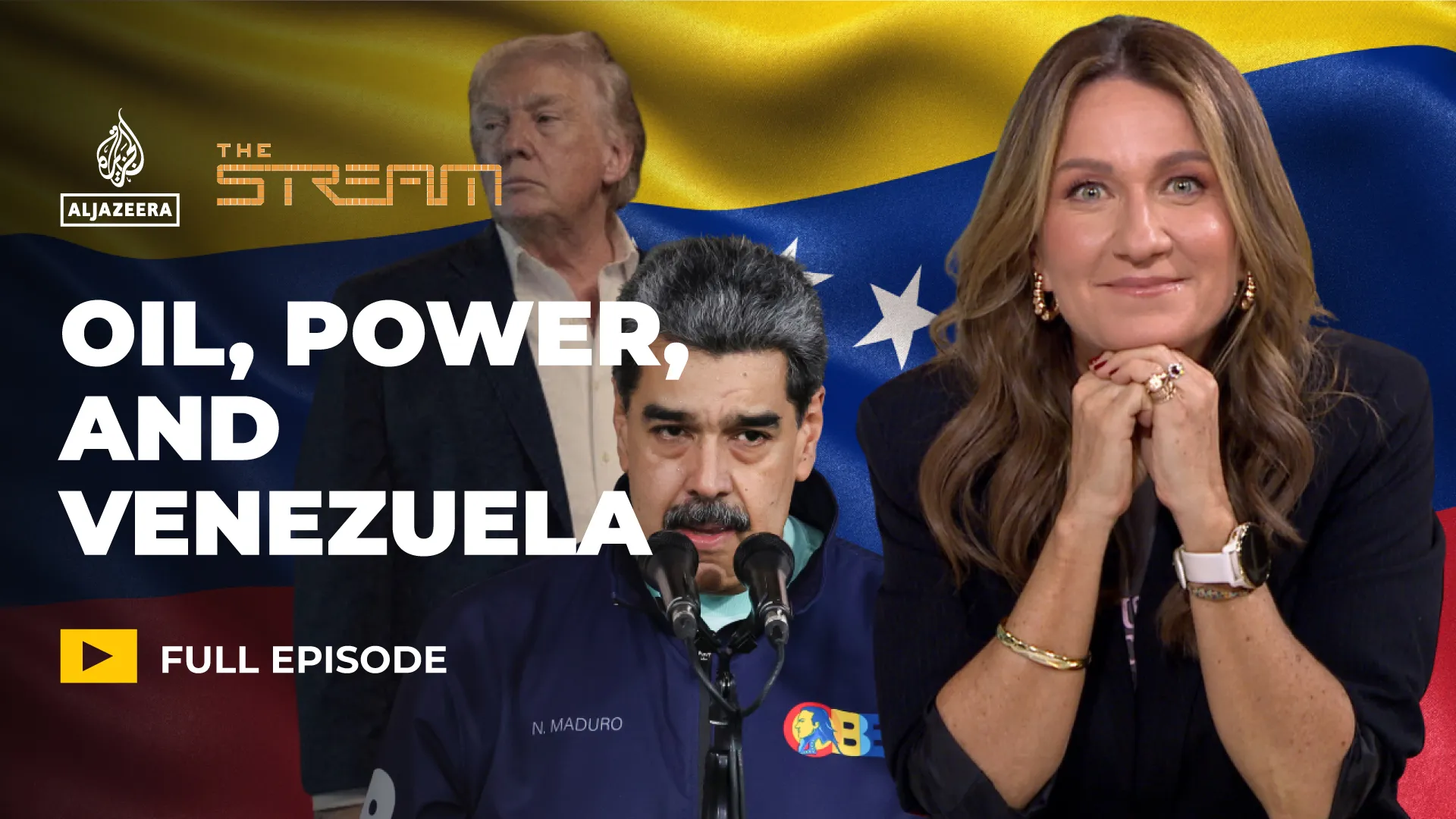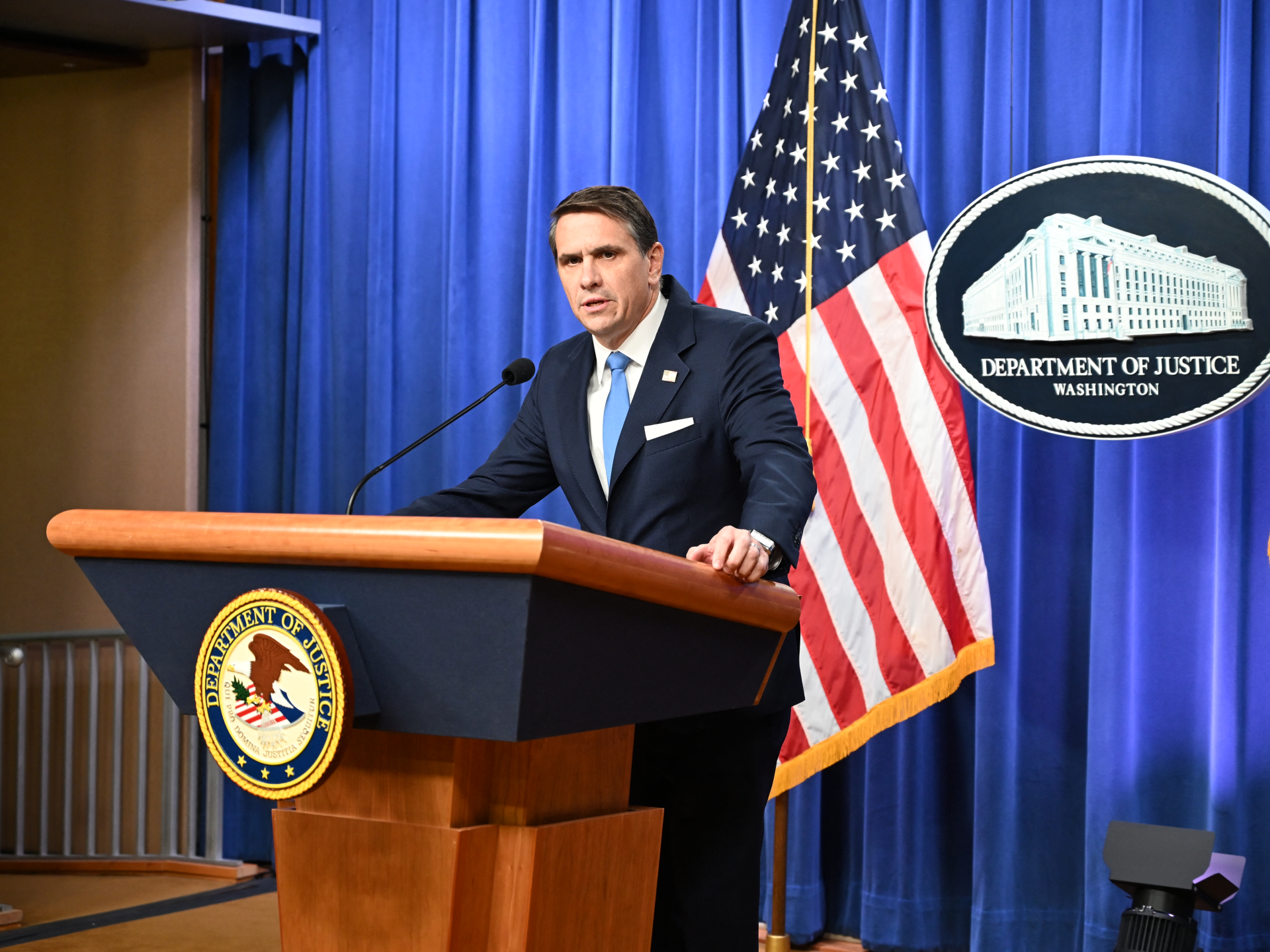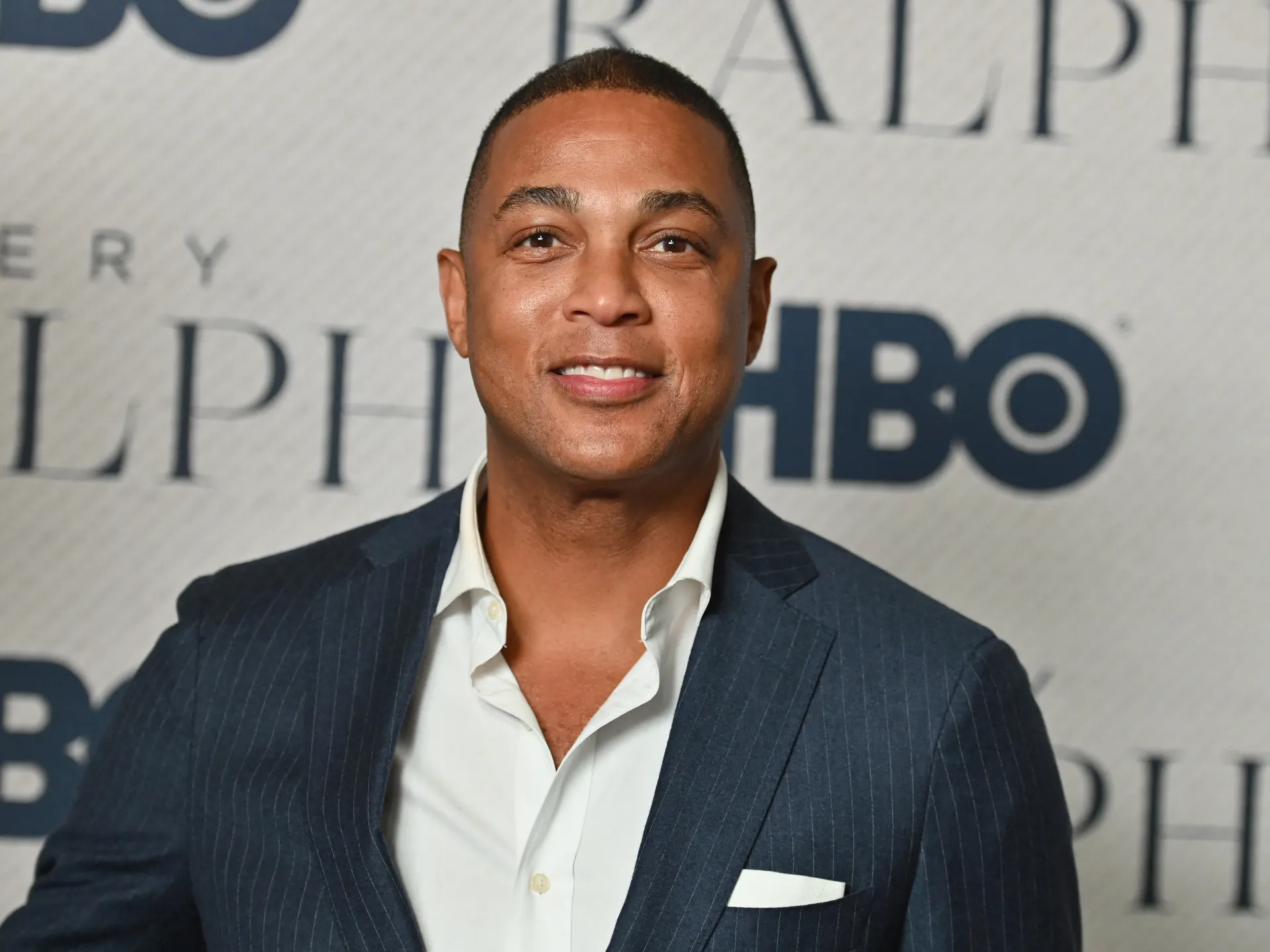Trilateral Ukraine talks to resume in Abu Dhabi on Wednesday: Zelenskyy | Russia-Ukraine war News
Second round of talks to follow negotiations last month that appeared to make little progress on key issue of territory.
Published On 1 Feb 2026
Ukrainian President Volodymyr Zelenskyy says a second round of trilateral talks on ending the war with Russia will take place in Abu Dhabi this week as the fate of a temporary energy ceasefire hangs in the balance.
Zelenskyy, whose country’s energy system has come under relentless attack in one of the coldest winters in years, said envoys from the United States, Russia and Ukraine would meet in Abu Dhabi on Wednesday and Thursday.
Recommended Stories
list of 3 itemsend of list
“Ukraine is ready for a substantive discussion, and we are interested in ensuring that the outcome brings us closer to a real and dignified end to the war,” he said on Sunday amid continuing US pressure to reach a deal with Russia after almost four years of war.
The first round of trilateral negotiations took place in late January but appeared to make little progress on the vital question of territory. Moscow still is demanding Kyiv cede a fifth of the Donetsk region that it still controls, which Zelenskyy’s government is refusing to do. The next round had been scheduled to take place on Sunday but may have been delayed because of the US-Iran crisis.
US President Donald Trump, who has said he wants to be remembered as a “peacemaker”, has repeatedly said a deal to end the Ukraine war is close and on Thursday announced that Russian President Vladimir Putin had agreed to stop strikes on energy targets for a week due to cold weather.
The terms of his agreement with Putin were not clear, but the Kremlin said on Friday that it had agreed to halt strikes on energy infrastructure until Sunday. Ukraine appeared to believe the suspension was supposed to last until the following Friday.
Medvedev says Russian victory near
Meanwhile, US envoy Steve Witkoff said on Saturday that he held constructive talks with Russian envoy Kirill Dmitriev in Florida.
US Treasury Secretary Scott Bessent, Trump’s son-in-law Jared Kushner and White House senior adviser Josh Gruenbaum also attended the talks. Witkoff said afterwards that he was “encouraged by this meeting that Russia is working toward securing peace in Ukraine”.
On Sunday, former Russian President Dmitry Medvedev praised Trump as a “peacemaker”, telling the Reuters news agency that Russia would “soon” achieve a military victory in the Ukraine war.
“But it is equally important to think about what will happen next. After all, the goal of victory is to prevent new conflicts. This is absolutely obvious,” said the hawkish former president, who now serves as deputy chairman of Russia’s Security Council.
Neither Ukraine nor Russia have reported major strikes on their energy infrastructure in recent days although Zelenskyy said Russia was trying “to destroy logistics and connectivity between cities and communities” through air attacks.
In southeastern Ukraine, two people were killed overnight in a drone strike on a residential building in the city of Dnipro, and six people were wounded in an attack on a maternity hospital in Zaporizhzhia, regional officials said.

